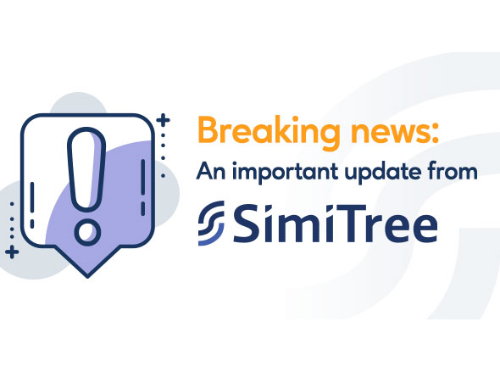The nation’s COVID-19 Public Health Emergency (PHE) is coming to an end May 11, according to an announcement made Jan. 30 by the Biden administration.
The announcement brings to a close months of speculation about a possible PHE expiration date, but creates many additional questions about how the end of the PHE will affect operations for home health, hospice and other healthcare providers.
The expiration will tighten the regulatory environment, impacting many COVID-19 regulatory waivers and flexibilities which have been available to healthcare providers since the PHE was first implemented in early 2020.
Looser regulations have allowed the expanded use of telehealth, enabled certain healthcare professionals other than skilled nurses to conduct admissions visits for homebound patients, granted greater flexibility in the rules for in-home supervision of home health aides and more.
Initial assessments after PHE expiration
One home health regulatory blanket waiver in particular is creating some industry concern in light of staffing shortages that often make it difficult for home health agencies to field enough nurses.
Under the COVID-19 waivers and flexibilities, home health agencies have been allowed to rely on occupational therapists, physical therapists and speech-language pathologists to perform initial and comprehensive assessments, depending on the needs of the patient. Prior to the PHE, regulations required an RN to perform the initial assessment for all patients.
Unless the Centers for Medicare and Medicaid Services (CMS) takes action, this waiver is set to expire when the PHE ends on May 11.
Some COVID-19 waivers will remain
Not all waivers and flexibilities will end with the PHE, however.
Legislation previously enacted by Congress has specifically extended some flexibilities beyond the PHE expiration, including the ability to rely on telehealth to meet requirements for the mandatory face-to-face encounter between patient and physician.
“Although the Biden administration has announced that the PHE will end on May 11, some waivers and flexibilities will not automatically end on May 11,” said Kim Skehan, SimiTree Managing Director of Compliance and Regulatory.
“As one example, providers will have an additional 151 days beyond the last day of the COVID-19 PHE to continue relying on telehealth to meet F2F requirements.”
Congress extended telehealth waivers through the 151st day following the end of the PHE in the Consolidated Appropriations Act of 2022 (CAA 2022). The act extends certain waivers for both home health and hospice. In addition to telehealth F2F flexibility, the Act allows exceptions for some home health aide training and supervision requirements.
If the PHE does end on May 11 as indicated by the Biden administration, the 151st day would occur in October 2023.
WHO addresses COVID-19 pandemic
The Biden administration’s announcement about the planned PHE expiration date came on the same day the World Health Organization (WHO) announced that the COVID-19 pandemic may have reached a tipping point, with immunity levels limiting the impact of the virus on morbidity and mortality.
During a meeting of the WHO’s COVID-19 health regulations emergency committee Jan. 30, panel members recommended accelerated integration of COVID-19 surveillance into the Global Influenza Surveillance and Response System.
“There is little doubt this virus will remain a permanently established pathogen in humans and animals for the foreseeable future,” the WHO said in a statement at the conclusion of the committee meeting.
May 11 expiration date
The nation has been under continuous 90-day PHE extensions since the PHE was first declared in early 2020. U.S. Department of Health and Human Services Secretary Xavier Becerra signed the current 90-day extension on Jan. 11. It was set to expire on April 11.
The announcement from the Biden administration adds an additional month to the PHE before its expiration.
Centers for Medicare and Medicaid Services (CMS) previously assured healthcare providers they would be given a minimum 60-day notice before the PHE expiration so that they would have notice of expiring waivers and flexibilities.
What agencies should do as PHE ends
SimiTree compliance experts recommend home health and hospice agencies, physician practices, behavioral health clinics, and other providers stay abreast of the approaching expiration date for the PHE.
New timelines will need to be incorporated into Emergency/Pandemic Planning and COVID-19 Response documentation, and staff training will be needed regarding changing requirements.
Need help with compliance?
If your organization has compliance questions, the friendly and knowledgeable team at SimiTree consists of industry experts with experience across the healthcare spectrum, extensive regulatory acumen, and both CHAP and ACHC accreditation. We offer full compliance assessments, conduct mock surveys, handle ADRs, audits, and appeals, and assist with all other compliance needs to provide comprehensive compliance support. Read more about our compliance team at:
Healthcare Compliance and Regulatory Experts » SimiTree (simitreehc.com)
Use the form below to reach out to us with your compliance questions.

